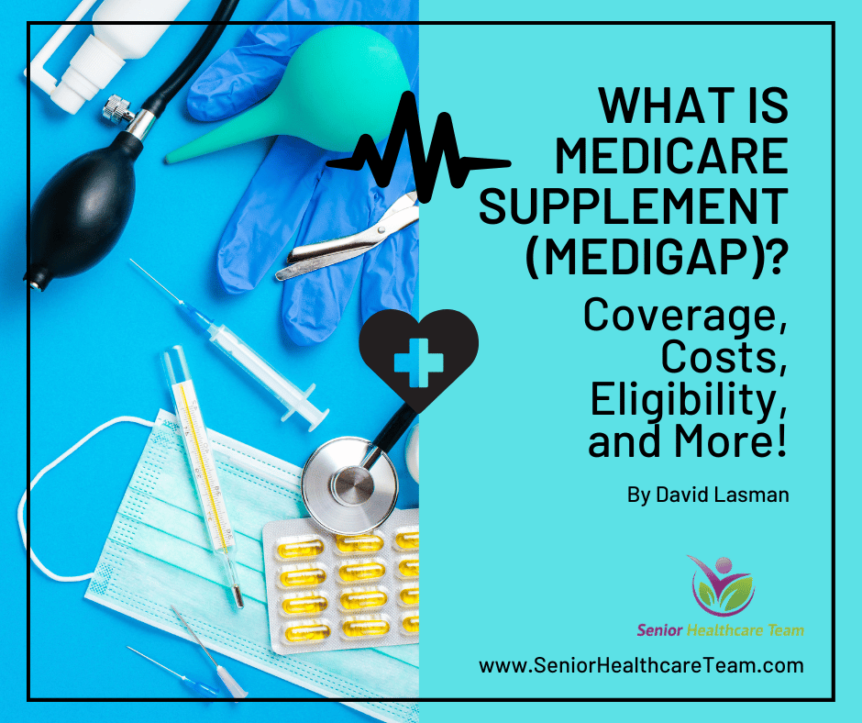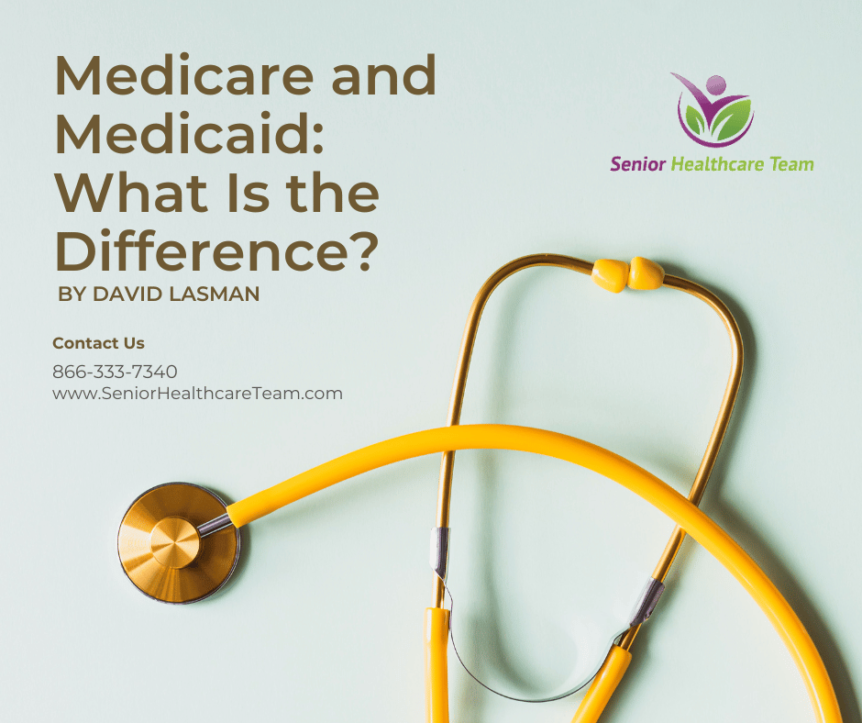As individuals approach their retirement years, health becomes an important aspect of their lives. With the increasing costs of medical services, having comprehensive health insurance is crucial to ensure financial security and peace of mind. For senior citizens relying on Medicare, understanding the nuances of Medicare Supplement Insurance, or Medigap, becomes paramount.
Strengthening the Generational Bond: How Senior Citizens Can Connect with Grandchildren
The relationship between grandparents and grandchildren is a precious and unique bond that can have a profound impact on both generations. As seniors, they possess a wealth of life experience, wisdom, and unconditional love that can enrich their grandchildren’s lives. Likewise, for grandchildren, spending time with their grandparents can offer valuable life lessons, a sense of belonging, and a deeper understanding of family heritage. In this article, we explore various ways senior citizens can forge meaningful connections with their grandchildren, fostering a sense of joy, love, and companionship that will last a lifetime.
Pool Fitness Tips for Seniors: Stay Active and Healthy
Aging gracefully involves taking care of one’s body and mind, and staying physically active is an essential aspect of this journey. For seniors, traditional exercise routines might become challenging due to various factors like joint pain or balance issues. However, there’s a fantastic alternative that offers numerous benefits:
What Is Medigap (Medicare Supplement)? Coverage, Costs, Eligibility, and More!
As you approach age 65, navigating Medicare and all of its parts and plans may sound daunting, but it can be easier than you think. Original Medicare contains two parts: Part A and Part B. Medicare Part A covers hospital care, skilled nursing facility and hospice fees, and is usually premium-free. Medicare Part B covers medical and preventive services, as well as some medical equipment, for which there is a monthly premium (typically deducted from your Social Security payments).
Medicare and Medicaid: What Is the Difference?
Medicare and Medicaid are government-backed healthcare programs that serve different groups of people and have different eligibility requirements. Some people may qualify for both programs. It’s important to understand the differences between Medicare and Medicaid and how each one works so that if you’re eligible for either or both, you can receive all the benefits offered to you.
Can You Use Your HSA For Medicare?
If you’re like many workers in the U.S., you may have been saving money in a health savings account (HSA) for years, which can be helpful should you face medical expenses during retirement.
But once you reach age 65, which is when you reach Medicare eligibility, contributing to an HSA becomes a bit more complicated. While you can use HSA funds to pay Medicare premiums, you cannot continue contributing to your HSA after enrolling in Medicare.
Costs, Coverage, and Finding the Best Medicare Part D Plan
While prescription drugs can help older adults manage various health conditions as they age, paying for medications can also put a serious strain on a person’s budget. In fact, the Health Policy Institute at Georgetown University found people ages 65 to 79 spend an average of $456 a year out of pocket on prescription drug expenses.
Medicare Supplement (Medigap) Insurance FAQ’s You Need to Know
Medicare Supplement Insurance, also known as Medigap, is a type of insurance policy that helps cover the gaps left by Original Medicare. While Original Medicare covers most medical expenses, it doesn’t cover everything, leaving you with some out-of-pocket costs like deductibles, copayments, and coinsurance. Medigap policies are sold by private insurance companies and can help cover some or all of these costs. Here are the top 5 frequently asked questions about Medicare Supplement Insurance:
How Can a Medicare Supplement Plan (Medigap) Save You Money?
As people age, the likelihood of requiring medical attention increases significantly. For individuals age 65 and over, healthcare expenses can become a considerable financial burden. Fortunately, there is a solution that can help alleviate the cost of healthcare for seniors – Medigap
Happiness in Life Over 65
As we age, the idea of happiness may seem like an elusive concept, but it doesn’t have to be. In fact, studies have shown that people over 65 years old are among the happiest demographic groups. So, what can you do to ensure that you continue to be happy well into your golden years? Here are some tips:










